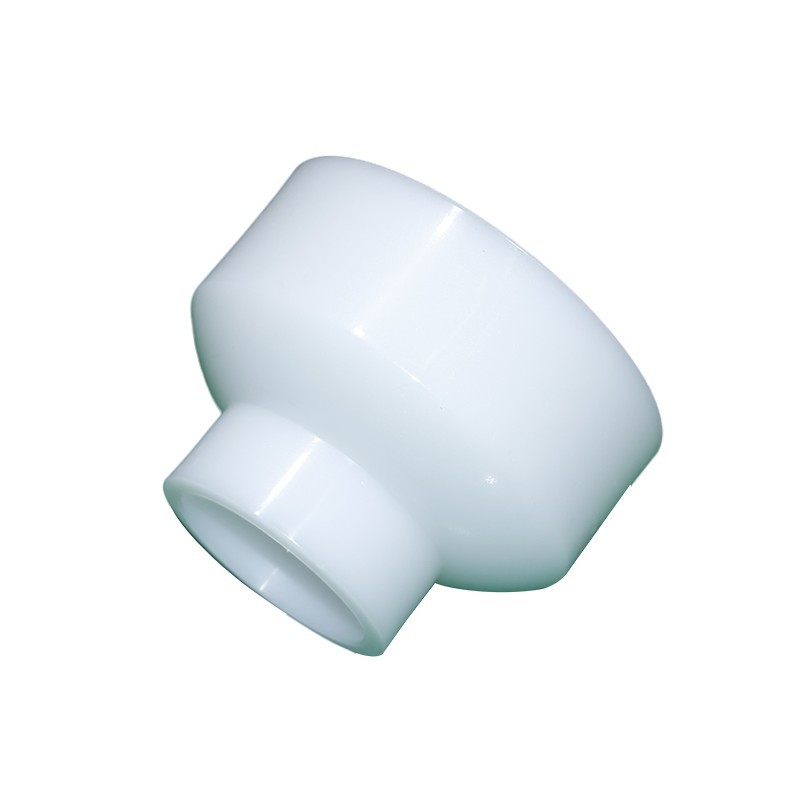Understanding FRPP Pipes: Essential Insights for Construction Professionals
2025-07

One of the key benefits of FRPP pipes is their high resistance to corrosion. Unlike traditional metal pipes, which can degrade over time due to exposure to moisture and various chemicals, FRPP pipes are inherently resistant to a wide range of corrosive substances. This makes them particularly suitable for industries that handle aggressive chemicals or for systems that operate in harsh environments. The longevity of FRPP pipes can lead to reduced maintenance costs and extended service life, making them a cost-effective choice in the long run.
Furthermore, FRPP pipes exhibit excellent thermal insulation properties. They are capable of maintaining temperature, which can be particularly advantageous in applications such as hot water transport and industrial processes where temperature stability is critical. This characteristic not only improves system efficiency but also contributes to energy savings in the overall operation.
In addition to their chemical and thermal resistance, FRPP pipes are lightweight and easy to handle. This feature simplifies installation processes and reduces labor costs, as the need for heavy lifting equipment is minimized. The flexibility of FRPP pipes also allows for easier transportation and installation in tight spaces, making them a preferred choice in various construction scenarios.
Another noteworthy aspect of FRPP pipes is their ability to withstand high pressure. They can be utilized in both low and high-pressure applications, expanding their usability across different sectors. This versatility allows construction professionals to implement FRPP pipes in a wide range of piping systems, including water supply, irrigation, and even wastewater management.
Moreover, FRPP pipes are environmentally friendly, as they can be recycled at the end of their life cycle. This aligns with the growing emphasis on sustainable practices in construction and offers an additional incentive for their adoption in modern projects.
In summary, FRPP pipes present a multitude of advantages that make them a compelling option for construction professionals. Their corrosion resistance, thermal insulation, lightweight nature, ability to withstand high pressure, and eco-friendliness position them as an ideal choice for diverse piping applications. When considering materials for plumbing systems, understanding the properties and potential of FRPP pipes can greatly enhance the efficiency and longevity of construction projects.
RELATED INFORMATION
PE Rods in Electrical Applications: Ensuring Safety and Maximizing Efficiency
PE Rods in Electrical Applications: Ensuring Safety and Maximizing Efficiency Table of Contents 1. Introduction to PE Rods 2. What are PE Rods? 3. Key Properties of PE Rods 4. Safety Aspects of PE Rods in Electrical Applications 5. Efficiency and Performance of PE Rods 6. Applications of PE Rods in the Electrical Industry 7. Compliance and Industry Standards for PE Rods 8. Best Pr
Understanding FRPP Pipes: Essential Insights for Construction Professionals
FRPP (Fiberglass Reinforced Polypropylene) pipes have gained significant attention in the construction and plumbing industry due to their exceptional performance characteristics. These pipes are primarily made from a combination of polypropylene and fiberglass, which enhances their mechanical properties and resistance to various environmental factors. Understanding the advantages and applications


